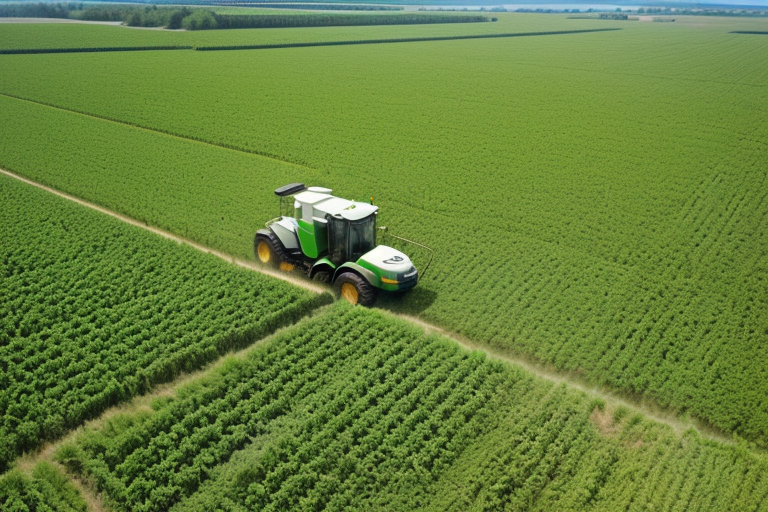
Kiskino AI
Implementation of Artificial Intelligence in Large Scale Agriculture
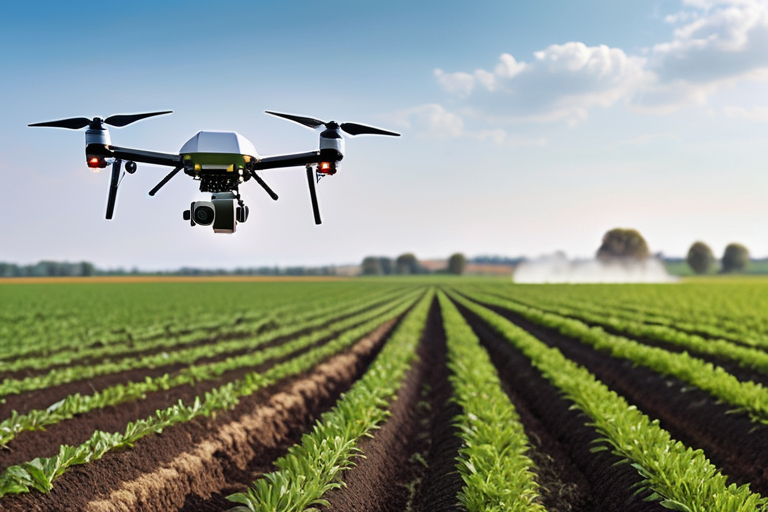

Implementation of Artificial Intelligence in Large Scale Agriculture

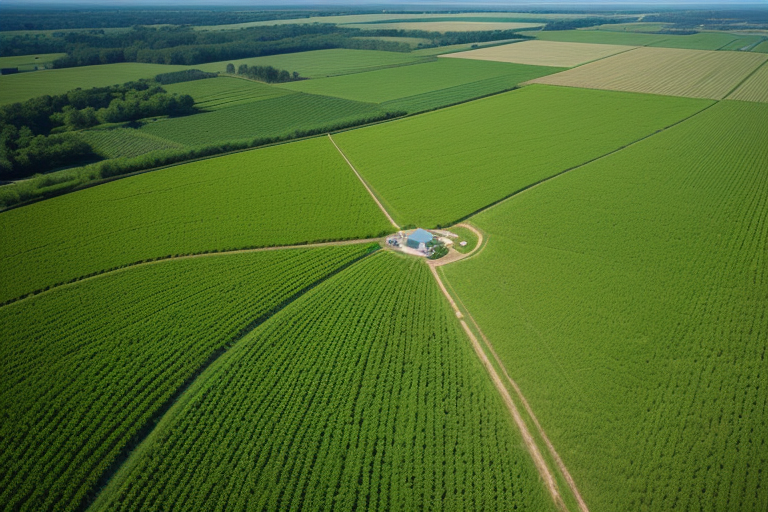
AI enables precision agriculture by analyzing data collected from sensors, drones, satellites, and other IoT devices to provide farmers with real-time insights about soil moisture levels, crop health, weather patterns, and pest infestations. By using AI algorithms, farmers can make data-driven decisions regarding irrigation, fertilization, and pesticide application, optimizing resource usage and increasing yields.
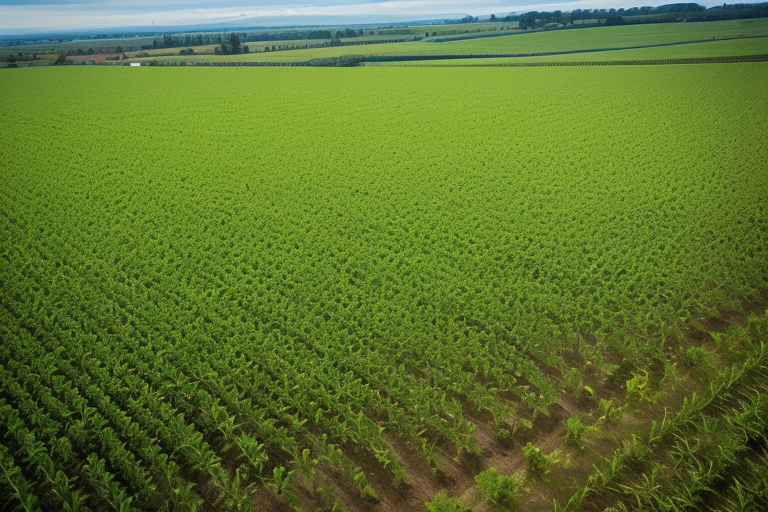
Crop Monitoring and Management
AI-powered systems can analyze images captured by drones or satellites to monitor crop growth, detect diseases, and assess overall plant health. Machine learning algorithms can identify patterns and anomalies in the data to predict potential issues before they become significant problems, allowing farmers to take proactive measures to protect their crops.
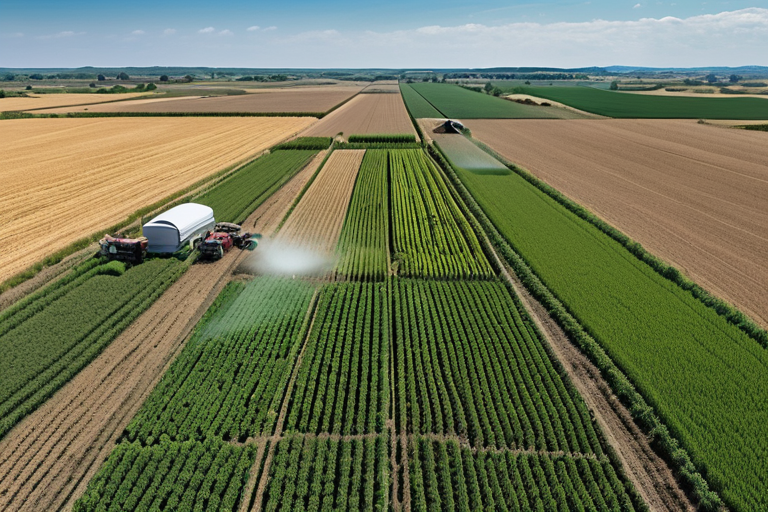
Historical data, such as weather patterns, soil composition, and crop yields can be analyzed to make accurate predictions about future crop performance. By leveraging machine learning algorithms, farmers can forecast crop yields, optimize planting schedules, and mitigate risks associated with adverse weather conditions or market fluctuations.
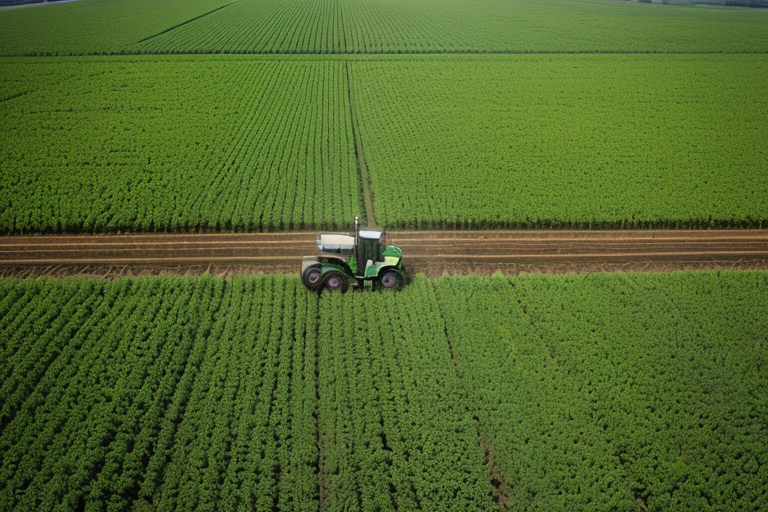
AI technologies enable the development of autonomous agricultural machinery, such as tractors, harvesters, and drones. These machines can perform tasks such as planting, spraying, and harvesting with minimal human intervention, leading to increased operational efficiency and cost savings.
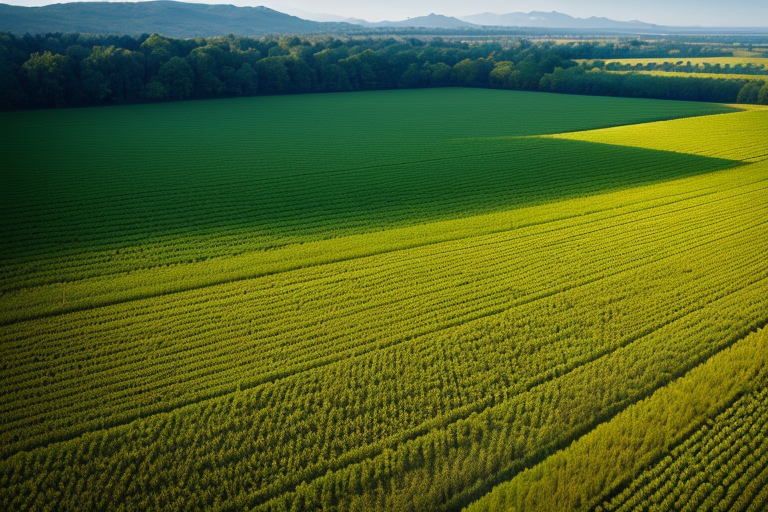
Decision Support Systems
Decision support systems powered by AI provide farmers with personalized recommendations and actionable insights based on their specific farming conditions and objectives. These systems integrate data from multiple sources, such as weather forecasts, soil sensors, and market trends, to assist farmers in making informed decisions that optimize productivity and profitability.
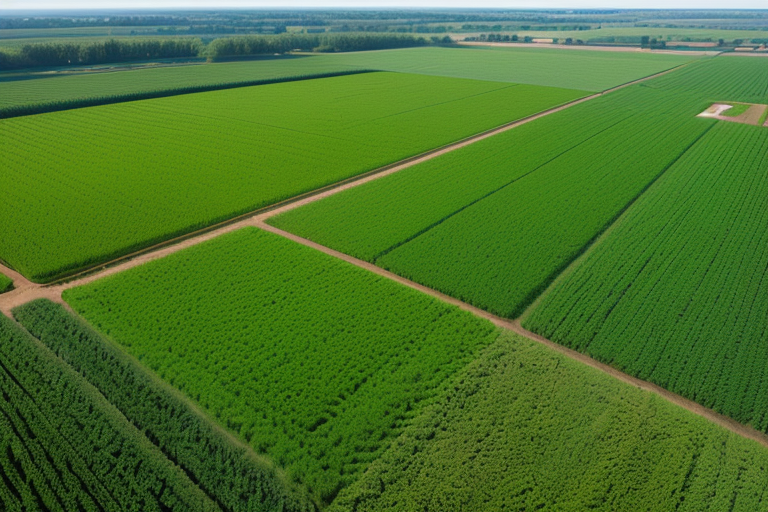
AI-powered systems can differentiate between crops and weeds using computer vision techniques, allowing for targeted weed control. Similarly, AI algorithms can identify and classify pests, enabling farmers to implement precise pest management strategies and reduce the reliance on chemical pesticides.

Understanding what AI can do for your farm.

Find the equipment necessary for an AI future.

See real benifits from AI implementations.

Talk to experts about ways AI can transform Agriculture.